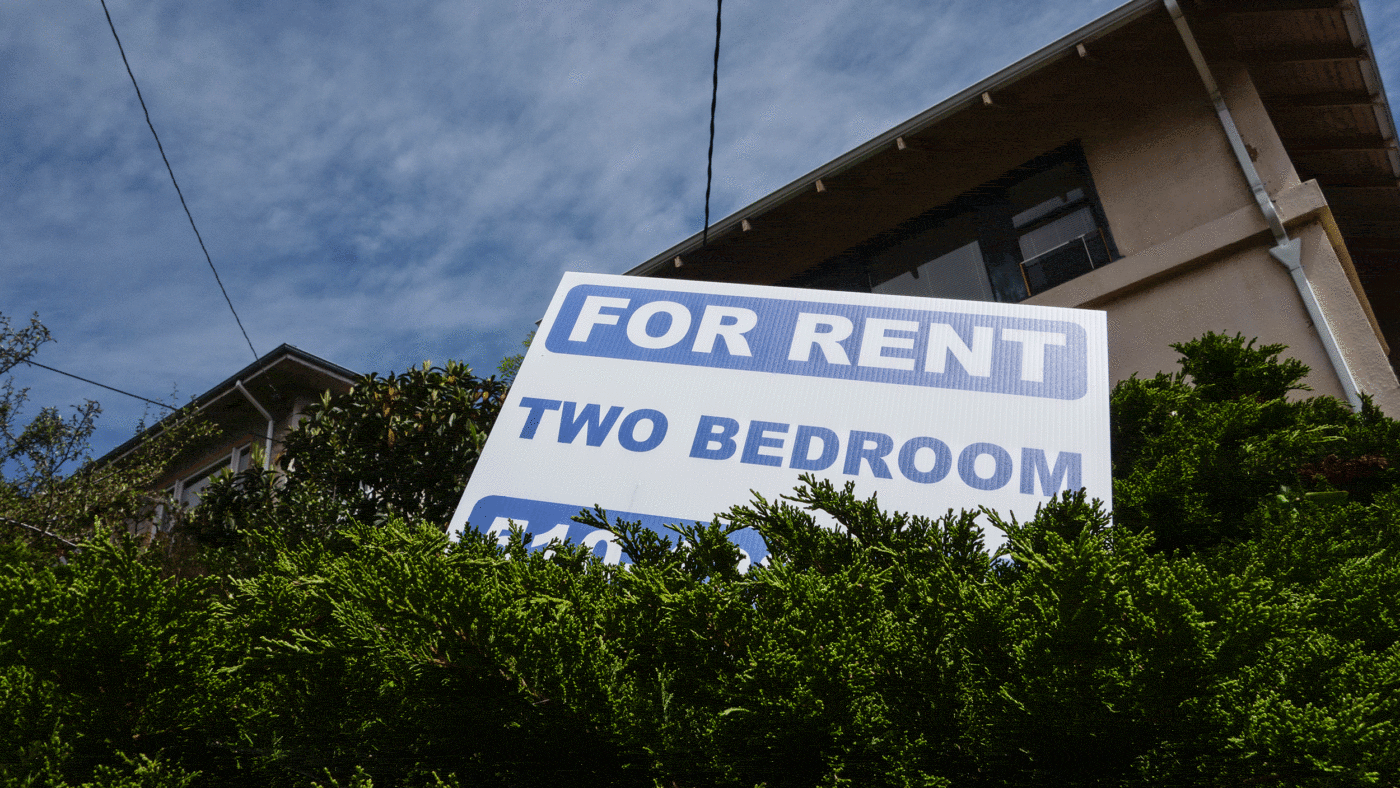This country’s housing omni-crisis is hard on a lot of people. But amidst endless horror stories about would-be tenants putting down six months’ rent in advance, or being shaken down for their deposit, it is supremely difficult to feel sorry for landlords.
To judge from the number saying they plan to sell up due to rising mortgage rates, it seems that many of them do not seem to have realised that they have made a speculative investment and that said investment can, no less than stocks and shares, go up as well as down.
Even if you feel some sympathy for the junior cohorts of owner-occupiers, who have leveraged themselves to the hilt because that’s what the market demands, the idea of tax breaks for people used to having their mortgages paid by other people’s rents – as the National Residential Landlords Association are calling for – feels, well, a little obscene.
Yet galling as it is to admit, some of them do make at least one good point: driving landlords out of the housing market does, in the absence of other policies, make the housing crisis worse.
People who ought to know better seem to struggle with this idea. After all, it’s not as if houses sold by landlords are being demolished, is it? Bad as things are, we have not (yet?) got to the point where we’re actively destroying housing stock.
But that isn’t the problem. The problem is that occupation density is much higher in the private rented sector than in the owner-occupied sector. I share my current rental with three other young professionals, all living in what was built as a family home; I will share the new flat I have just bought with just one other person.
Bad as things are, people have not (yet?) so abandoned hope that they are banding together with strangers to buy a quarter of a mortgage. Unless and until that happens, owner-occupied properties will be occupied less efficiently, on average, than rentals.
That’s fine, by the way: we must resist the British scarcity mindset which focuses on efficiently and ‘fairly’ rationing things rather than supplying more of them. A single person in a spacious flat is inefficient, from a purely density-focused perspective, as is a home with a big garden. Both are good things.
But until we do turn on the supply taps, it means that on average every property withdrawn from the private rented sector will decant several former tenants into a shrinking market, even if one or two of them exit into the sunlit uplands of ownership.
From the perspective of any government trying to drive up the number of homeowners, this creates a formidable dilemma.
Without interventions which disfavour landlords, they will outcompete would-be first-time buyer. A landlord has multiple assets they can stake as collateral against a mortgage, and thus usually borrow on more favourable rates. This problem compounds, too – the more wealth they accrue, the greater their advantages over first-time buyers.
But lots of people are not in a position to buy, and may never be, and the private rented sector plays a vital role in housing those people. Without expanding housing supply, any sustained shift of properties from landlords to owner-occupiers, whilst great for the new owners, is going to squeeze the rents.
Typically, George Osborne embarked on his crackdown on landlords during the Coalition without the Government making any serious provision for expanding the supply of new homes, with the result that a decade on life is not noticeably easier for mortgage-holders but has got much, much worse for tenants.
One of my housemates, who has no plans to buy, has been told by the agency that her monthly outgoings are going up by over £250 a month when she renews. Had I not been moving out, I would from August have been paying only £150 per month less for my small ground floor room than I could have rented a whole one-bedroom flat a couple of streets away for just two years ago.
We’re also lucky that the inspector from the council was feeling indulgent when they visited last year. Apparently one of the upstairs bedrooms might be just too small to legally let – but they recognised it would be the remaining tenants who’d get screwed if that were enforced.
There are other interventions the Government could make which would help, of course – most obviously, forbidding local authorities from gold-plating national minimum standards for rental properties. Councils which have not kept housebuilding at pace with demand should not be allowed to keep making the perfect the enemy of the good; you or I might not want to rent a box room, but it’s better that than no room at all.
But we should not give Osborne and those who have followed in his footsteps a pass on the rent catastrophe just because so many landlords are so cartoonishly unsympathetic.
Nor should we indulge in our own version of the policymakers’ delusion that we have a good system being abused by bad actors. The sad truth is that overthrowing the landlords tomorrow would not solve the housing crisis. We need to build more houses.
Click here to subscribe to our daily briefing – the best pieces from CapX and across the web.
CapX depends on the generosity of its readers. If you value what we do, please consider making a donation.


